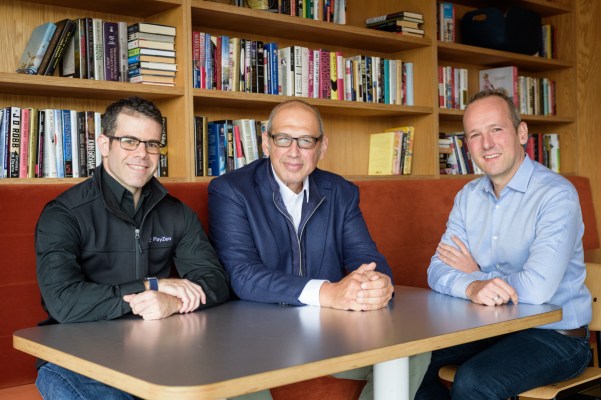Healthcare costs in the U.S. are steadily rising, and the share patients must pay out-of-pocket has increased in tandem. Nearly one in three American households have delayed medical care due to its cost, per a 2019 Gallup poll.
PayZen, a healthcare fintech startup, raised $15 million in Series A funding for its solution that leverages artificial intelligence to underwrite patients’ medical debt, allowing them to access care and pay for it over time in installments.
SignalFire led the round, with participation from new investors Link Ventures and 7WireVentures alongside existing investors Viola Ventures and Picus Capital. The company last raised $5 million in seed funding in early 2021, and the Series A brings its total amount raised to $20 million.
PayZen’s “care now, pay later” solution is available to all patients, who can pay for procedures over time with no fees or interest. The artificial intelligence technology underlying the platform allows hospitals to leverage patient data to determine payment plans specific to each patient while keeping administrative costs low.
PayZen was founded in 2019 by three fintech veterans, Ariel Rosenthal, and Itzik Cohen, and Tobias Mezger. Cohen, who now serves as PayZen’s CEO, previously served as chief executive at consumer debt fintech Beyond Finance.
Out-of-pocket costs for patients doubled in the past decade and are projected to double again in the next decade, Cohen told TechCrunch in an interview.
“Because [the founding team] was from fintech and we watched, for example, what ‘buy now pay later’ could do for for e-commerce, where people could afford more high-ticket items because of innovation and underwriting an expansion of credit, we thought to ourselves, medical providers are also having a hard time, because they need to collect more and more of the bill from the patient. That puts them in a bad situation as well,” Cohen said.
Because patients using PayZen’s plans are not charged interest, healthcare providers keep these costs on their own books. Cohen said that reversing the underwriting process by prioritizing plans that work for patients and their individual financial situations has increased payment adherence.
Philadelphia-based Geisinger Hospital saw payment collection increase by 23% after implementing PayZen, the company says. Cohen added that the average operating margin for most major health systems in the U.S. is quite low, at 1%, and that the industry has been hit by staffing shortages.
“Any change in the market conditions will drive them to losses, quite frankly. They’re using this time now to optimize, to invest in technology that will automate a lot of their processes,” Cohen said.
The startup, less than a year old, expects to announce a significant product expansion in January, he added.
To keep up with growth, Cohen said he expects to grow PayZen’s 35-person team to around 100 employees by the end of next year.
